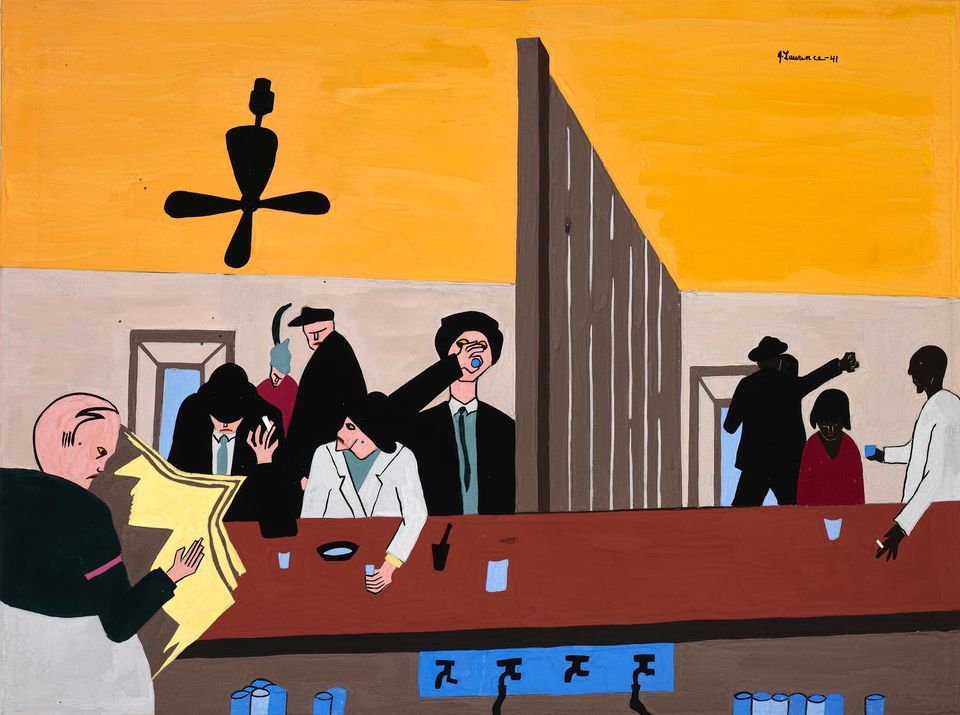Melvin Edwards
- Also known as
- Mel Edwards
- Born
- Houston, Texas, United States
- Biography
Melvin Edwards was raised in Houston, Texas. His artistic talent was recognized at an early age, and he was encouraged to study the works of European old masters at the Museum of Fine Arts. He won a football scholarship to the University of Southern California but rejected a professional athletic career to become an artist. Edwards developed a life-long interest in African art after seeing a Fang sculpture on a teacher's desk one day. "Eye to eye," he wrote, "African art is like a deep conversation with family." His welded sculptures are often inspired by political issues, ranging from civil rights to African-American identity. In 1993 Edwards won the grand prize of the Fuji-Sankei Biennial in Japan, and in 1995 his work was included in the Cairo Biennial.
National Museum of American Art (CD-ROM) (New York and Washington D.C.: MacMillan Digital in cooperation with the National Museum of American Art, 1996)
- Luce Artist Biography
Melvin Edwards is an African American sculptor who grew up in a segregated Houston community. He graduated from art school in 1965 at the height of the civil rights movement, and began to create works that symbolized African American life because "it seemed logical that . . . I should be able to participate through my work" (Gregg, "Poetry Heavy Metal," ARTnews, February 1995). Edwards is most famous for his Lynch Fragment series, in which he welds together common steel objects to form a "steel life."















